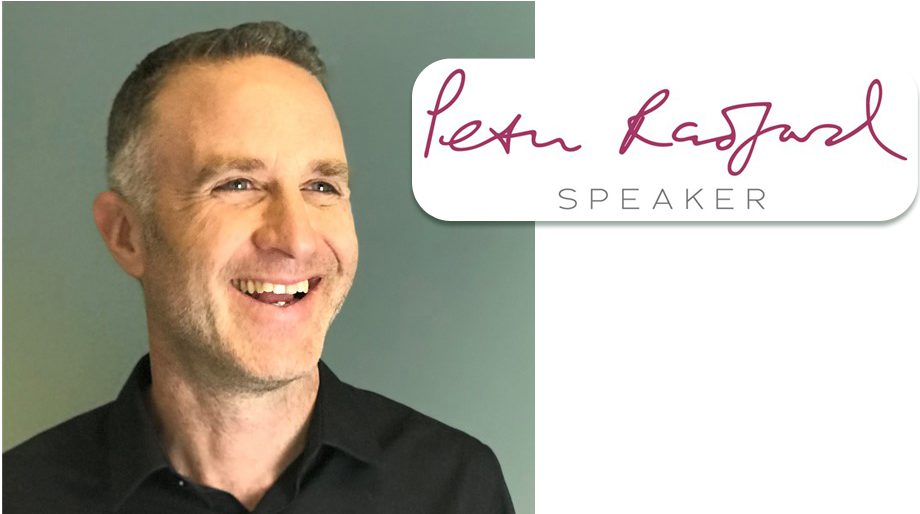The past couple of years have exposed in alarming ways just how much racism still pervades society and remains inherent in the national consciousness, institutions and systems. Racial inequality is undeniable. To quote just a few examples from the UK:
- Unemployment levels are twice as high amongst black men than white men.[i]
- Applicants with white-sounding names are called to interview far more often than applicants with Asian or African sounding names.[ii]
- Black women are still four times more likely than white women to die in pregnancy or childbirth in the UK, and women from Asian ethnic backgrounds face twice the risk. [iii]
The examples are myriad. In Dorset, which is less racially diverse than many other parts of the country, entrenched prejudices persist often simply because there in no minorities in the room to take offence or call it out. When confronted with difference, however, these prejudices can quickly come to the fore. It is striking that in the months following the Brexit vote incidents of hate crime across England and Wales increased by up to 100% with Dorset seeing the greatest increase![iv]
As businesses and employers we have a responsibility to root out discriminatory practices and ensure that we comply with employment law and the Equality Act 2010. However, complying with the letter of the law doesn’t go anywhere near far enough in ensuring that all staff, clients and customers feel valued and safe and that access to opportunity is equitable.
It’s very easy to think, ‘we don’t have a problem with racism here’. Probably what you mean by that is there have been no reported or explicit incidents of racism in your work place. But racism is not simply the easy-to-spot occurrences of aggressive discrimination or the use of racial slurs or terms, it is far more covert and often unconscious than that. The truth is, when dozens of people who all share the same biases join together and form a business or organisation then their shared biases become part of the workplace culture, unwittingly baked into the structure of how things work. This is what is meant by structural, institutional or systemic racism. There may not be conscious or malicious intent, but the norms which advantage some and disadvantage others persist unless we deliberately examine those systems, listen to other perspectives and seek to be proactively anti-racist.
So how can we address inequalities, promote fairness and celebrate difference in our workplaces? Below I suggest three starting points to begin to transform our businesses into beacons of hope for a fairer world.
- Valuing Difference – Ensure representation at every level of your company
A study at Columbia Business School gave teams the task of solving a murder mystery. In half the cases the groups were composed of four friends. The other half were composed of three friends and a stranger. The result? The teams with a stranger consistently and significantly outperformed the teams without one. They also found the task more cognitively demanding as they were forced to engage with different perspectives and think carefully in order to justify their own perspectives. They were enabled to see their own blindspots which in turn helped them collectively to find more effective solutions.[v]
Difference is good for us. Valuing rather than fearing difference is the beginning of change. Making sure that difference is represented at every level of your business is essential if you are going to grow.
- Engaging with difference – Listen to the lived experience of people of colour in your workplace.
In any system which is inherently biased, minorities are likely to feel anxious about speaking up when they experience discrimination or micro-aggressions[vi]. In order to survive, people have often learned to just ‘put up with’ some of the injustices they experience. (The same is true of women in a male-dominated context). Finding out how black, Asian or minority ethnic people feel on a daily basis in your workplace or context is essential to effect real, lasting change. But meaningful listening and learning is not a one-time thing and can only take place in a safe, or possibly anonymous, context in which people feel confident that their perspectives cannot and will not be used against them. Before such honest reflection can take place you may well need to invest in some training.
- Challenging Indifference – Re-think your vision and values
Inertia is the greatest barrier to change. “Where there is no vision the people perish,” wrote King Solomon in Proverbs 29. Change requires clarity of purpose and a coherent message that galvanises action and generates momentum. Two questions: a) How much focus and attention do you give to the ethos and values of your business? And b) Are those values in need of an update? In other words, do they firmly and unequivocally affirm the value of every human person and do they translate into the everyday, living reality of your workplace?
Change takes time, openness and the willingness to have meaningful dialogue about these issues. We need to move beyond polarised soundbites on social media and commit to create positive working environments for all.
Peter Radford is founder of Beyond This, is a speaker, trainer and author based in Dorset. He speaks and delivers training on human rights issues, effective leadership and wellbeing in the workplace. See www.peterradfordspeaker.com or contact peter@beyondthis.co.uk
…………………………….
[i] Dynamics of Diversity: Evidence from the 2011 Census, Esrc Centre on Dynamics of Ethnicity, University of Manchester and Joseph Rowntree Foundation, September 2013
[ii] ‘A Test for Racial Discrimination in Recruitment Practice in British Cities’, National Centre for Social Research 2009
[iii] https://www.theguardian.com/global-development/2021/jan/15/black-women-in-the-uk-four-times-more-likely-to-die-in-pregnancy-or-childbirth
[iv] https://www.independent.co.uk/news/uk/home-news/brexit-vote-hate-crime-rise-100-cent-england-wales-police-figures-new-racism-eu-a7580516.html
[v] M. Syed, Rebel Ideas: The Power of Diverse Thinking (London: John Murray, 2019), p. 36-37
[vi] Micro aggressions are a form of unintended discrimination, e.g. statements like ‘You’re very well-spoken’ or ‘You don’t act black’. Such ‘complements’ communicate hidden assumptions about people of colour.
